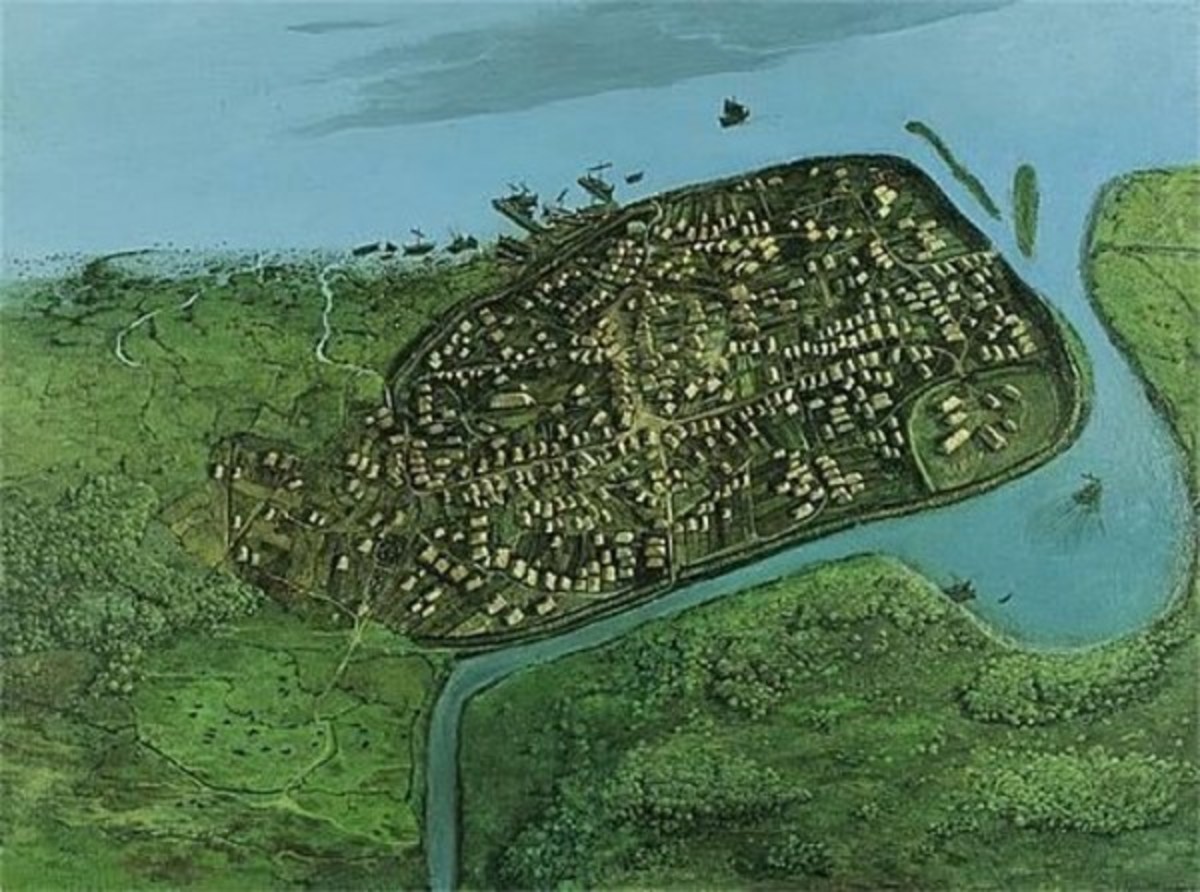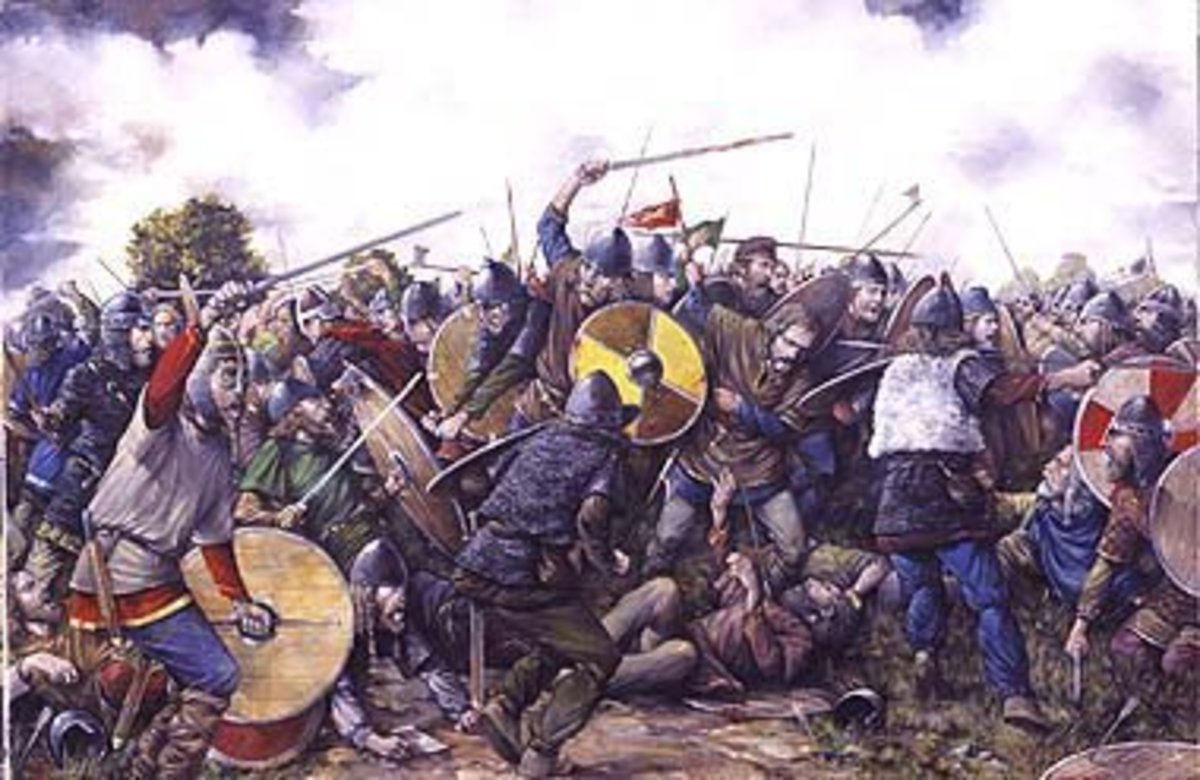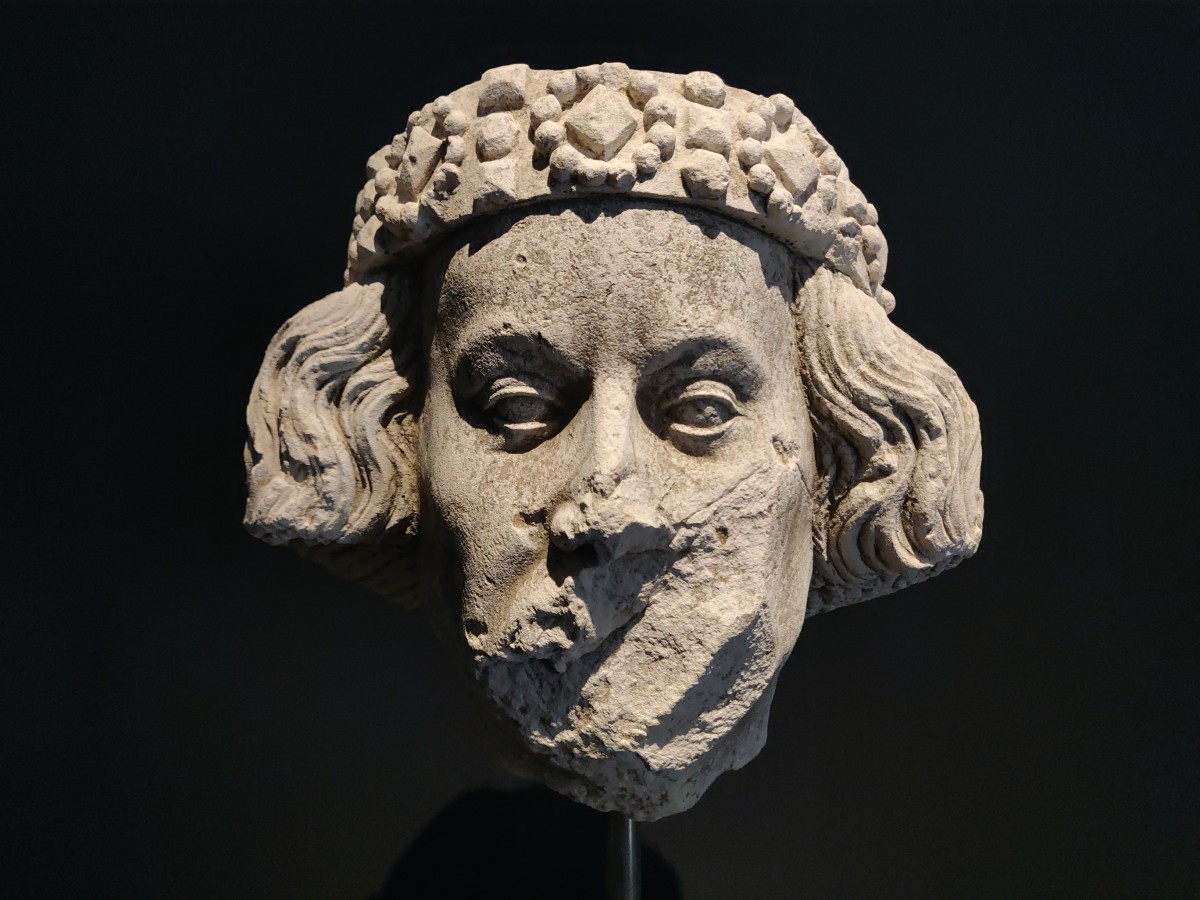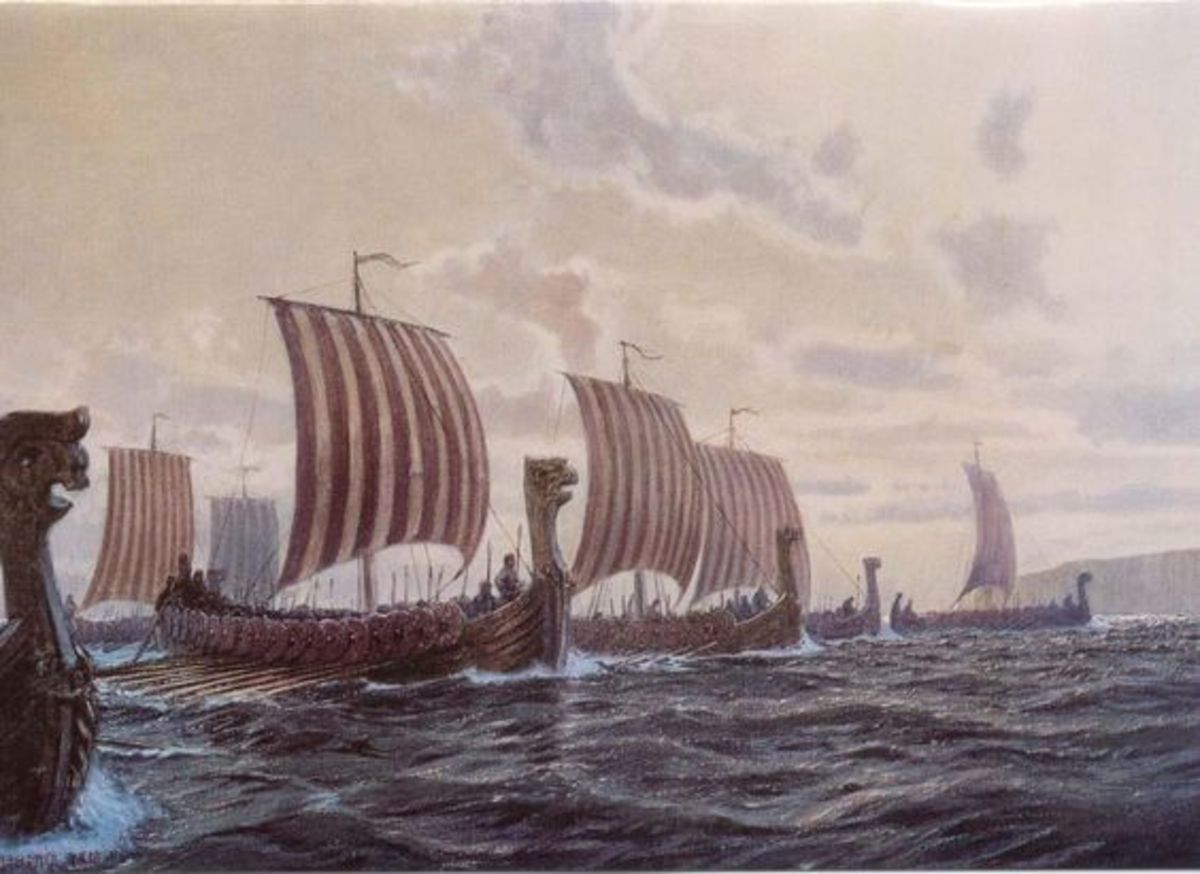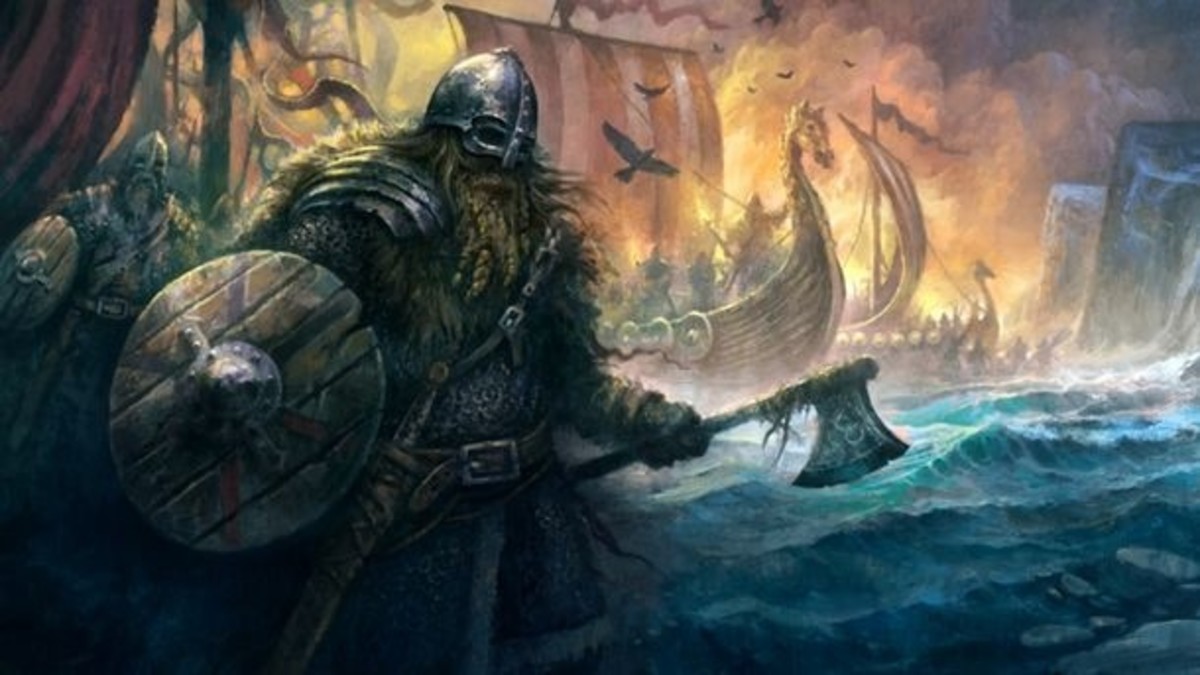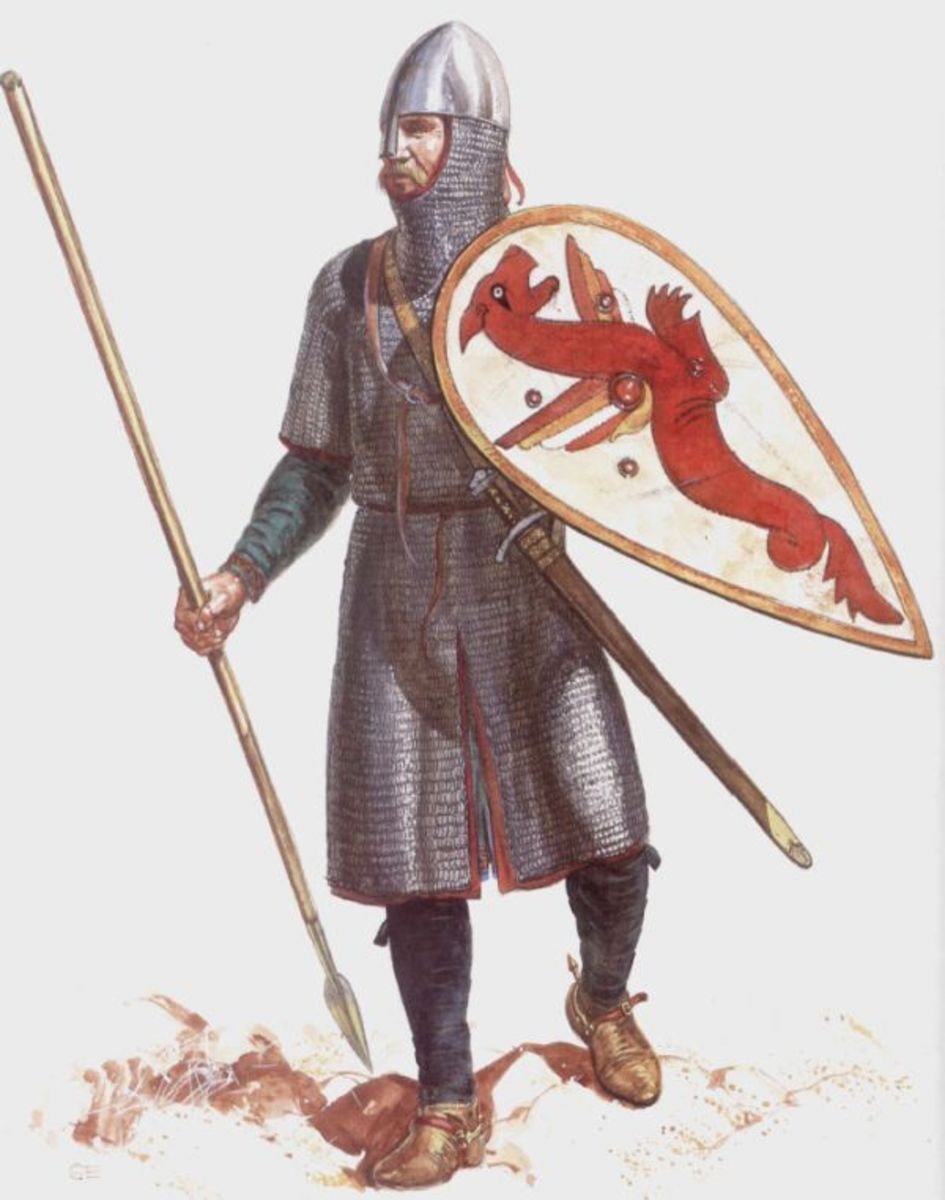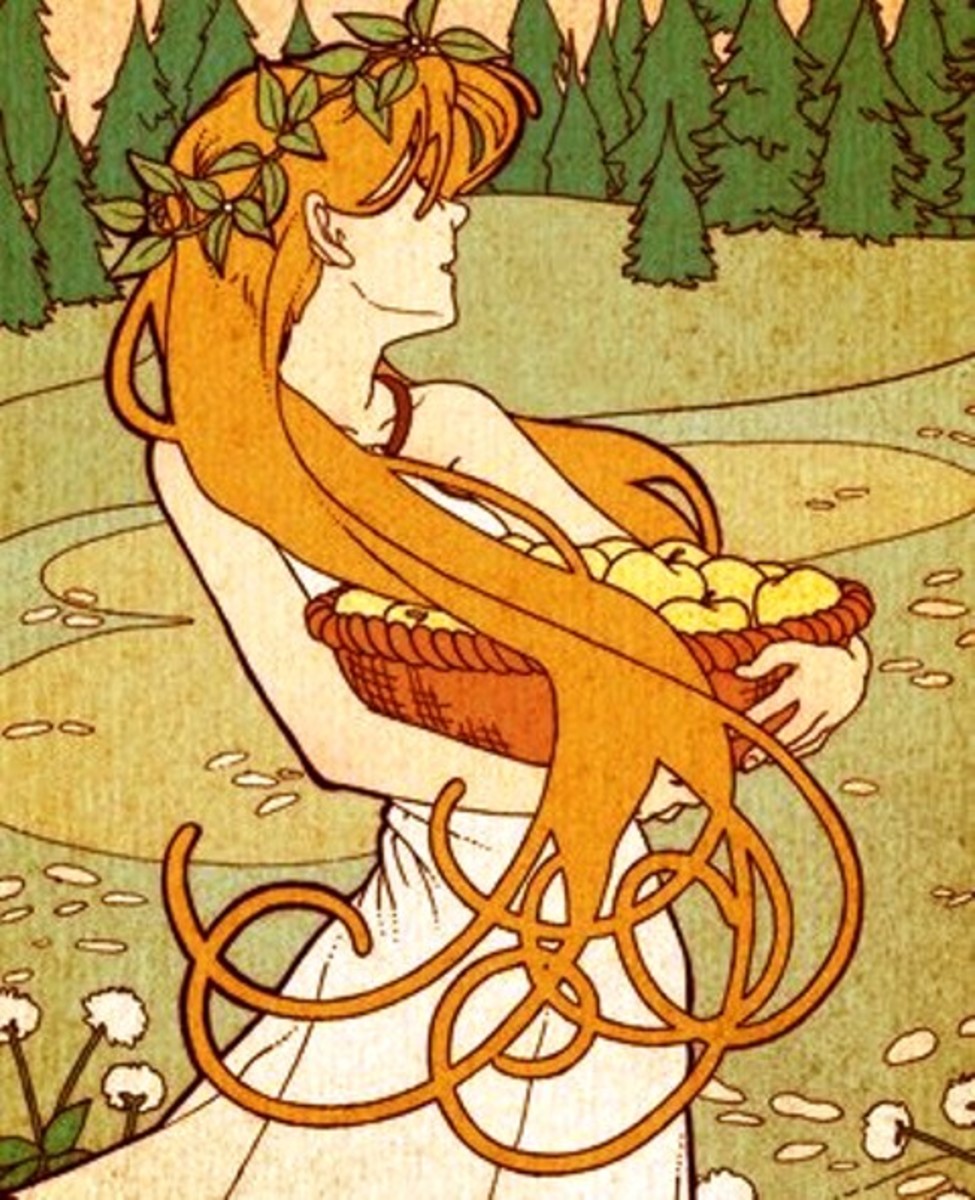- HubPages»
- Education and Science»
- History & Archaeology»
- History of Europe
Viking 15: Leadership Skills - 'Ganger'-Hrolf and the Warrior-Poet Egil Show the Way
"A fool thinks he is full of wisdom when he is safe and sound amongst others. When alone he is fearful and witless".
Havamal
Hrolf 'the Ganger', father of Northmandige (or Normande), the fledgling Normandy
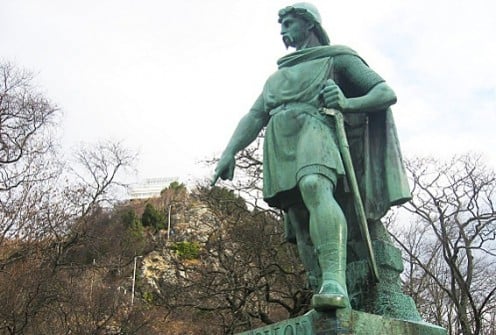
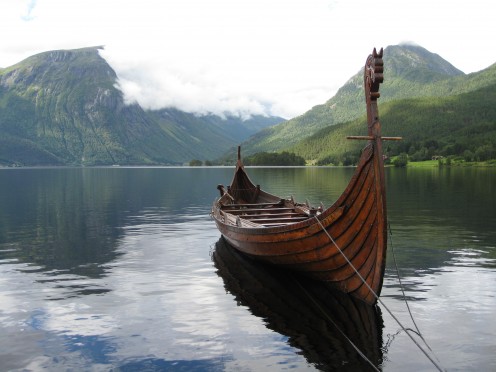
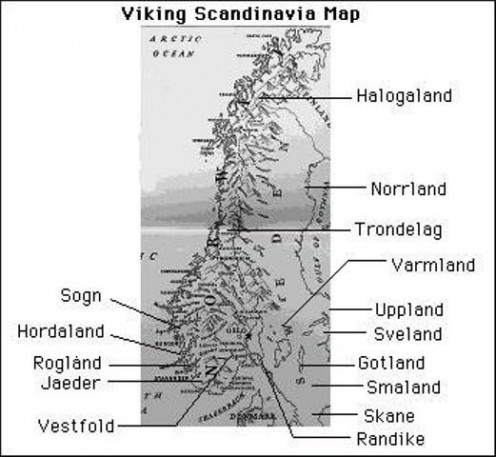
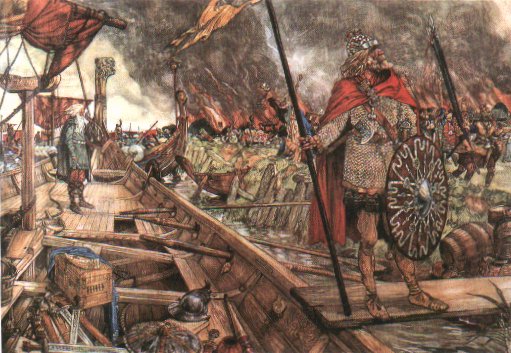
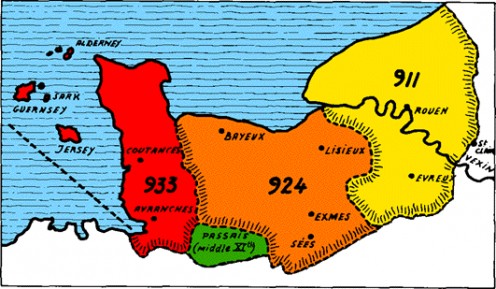
'Ganger'-Hrolf (or Goengu-Hrolf) was a son of Jarl Rognvald of Moere in Western Norway
A close ally of King Harald 'Harfagri' (pron. 'Harfayri': 'Fair-Hair'), Rognvald is thought to have been the founder of the Earldom of Orkney. Irish annals would have us believe this to have been at the time the Danes over-ran Jorvik (AD866).
Rognvald was happy to stay in Western Norway, letting Sigurd 'the Mighty' take over the new earldom. Rognvald himself was slain in an argument with King Harald's son Halfdan, to be succeeded as Jarl of Moere by his son Thore. His illegitimate son Turf-Einar later took Orkney. The third son was Hrolf - identified by some as 'Rollo' - who was too tall to ride a horse and had to walk everywhere overland, hence the 'Ganger' (Walker).
The flowery legend of 'Goengu'-Hrolf has it he sailed to Russia to court the princess Ingigerd on behalf of Jarl Thorgny of Jutland, undergoing divers adventures on his way east. The reality is much more prosaic. Finding himself banned from Norway for breaking a ban on raiding within King Harald's realm, he and his followers set out for the narrows at the southern end of the North Sea )we now know as the English Channel). They raided around the mouth of the Seine early in the 10th Century, choking off trade from the Frankish North Sea holdings of Frisia and Hamburg, and eastern Britain. The Frankish king Charles 'the Simple' handed that part of his kingdom to Hrolf at Sainte Claire sur Epte with the proviso that Hrolf safeguarded the western approaches of the Frankish kingdom. A condition of accepting the county of Rouen (as it was then) was conversion to Christianity.
Asked who the leader of their band was, Hrolf's men dodged the question answering that as each was an equal, they had no leader as such. There is a tale told that one of King Charles' courtiers told Hrolf to kiss the king's feet. This instruction was by-passed by Hrolf, who indicated another of his men to 'do the honours'. The fellow - almost as tall as Hrolf himself - reached down to the king's right foot and lifted it high, pulling him off his feet, kissed his toes and returned the foot to the floor. We know Hrolf was accepted as the head of their troop, and he was accorded the status by the king of 'duc' without being officially titled as such. What held these raiding parties together, the 'cement' that bound them, was the unspoken agreement that any man or group within the war-band could leave as circumstances dictated. Longer-term agreements did not go beyond the war-band leader. Men within war-bands might be tied by blood or neighbourhood. This sort of group calls for stronger unity. Fighting a common enemy, the group will give good support to one another and they are less likely to abandon their wounded.
A good leader would go around his men to ensure all was well with them. Speeches might strengthen their sense of purpose, and poetry might be composed by one or more of the party including the leader, showing not only that the poet held his nerve in the face of adversity but that he was mentally alert, an encouraging sign from a leader. What we would see as heroism in battle was to them the least that could be expected from a man. A cool head was called for when a man's reputation was at stake, whether he lived or not. Were he to live on, he would hear the skald's praise. Were he to die, men would speak of him in awe of his selflessness. There are many sagas of desperate pitched battles against overwhelming odds, where a leader tested his mettle... and his luck (This sort of puts you in mind of the British 'stiff upper-lip' and the 'thin red line')!
Strength of purpose helped the poet Egil.
When King Eirik Haraldsson - 'Blood Axe' - reigned in Norway the Icelandic warrior-poet Egil Skallagrimsson fell foul of Queen Gunnhilda, Eirik staged an asassination attempt. However, Egil proved slippery. Trapped alone on an island without a boat he bundled his gear, swam to a nearby holm (an eyot or island in a river or close to the coast) and waited. A boat with a dozen fighting men pulled in to the strand near his hiding place on the holm. Nine left to look for Egil whilst the other three stayed with the boat. He cut down one man to begin with, severed a foot of the second and when the third tried to row away Egil hauled the boat back with rope that trailed behind the boat in the water. No one man was ever Egil's equal at his best, and the frightened fellow was soon dealt with. What this implies is that two of his opponents lost their nerve and his physical strength and presence of mind kept him from the clutches of Eirik and his queen. Egil was a role model for warriors.
In the Havamal - an insight into the Norse outlook on life - Odin advised of the virtues a man needed in a series of verses, mainly for careful thought in the execution of an attack. The theme in its oral form would have been uppermost in the thoughts of the 'hersir', the king's loyal land-owning warriors.
The title of Duke of Normandy was not officially adopted by a king's grant until AD1006. Hrolf's new duchy was granted further lands around Bayeux in AD924, his son William 'Longsword' achieving the territory of the Cotentin peninsula in AD933. The stronger counts of Flanders blocked any expansion eastward across Picardy.
Next - 16: Dark Before the Dawn
An A-Z of the Viking Age - I've had mine since it was published by Thames & Hudson in 2000
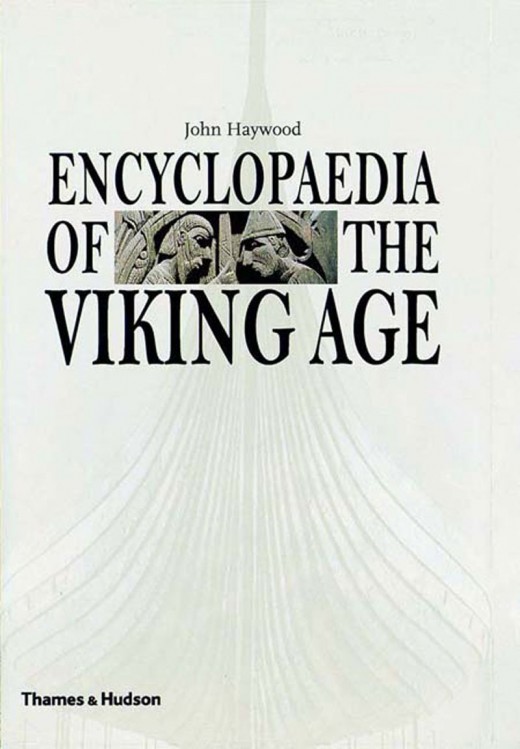
John Haywood takes you through the Viking Age in easy stages, from A-Z. Kings, Heroes, Gods, Beliefs, Ships... You name it, it's in here and if it isn't it's hardly worth the mention. If you only buy one reference for an age on the edge, this must be it.
Iceland, land risen from the depths of the ocean on a fault line, home to adventurers

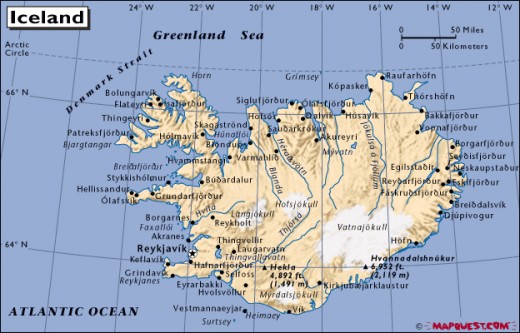
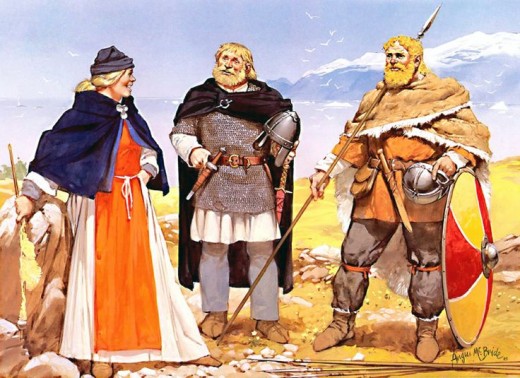
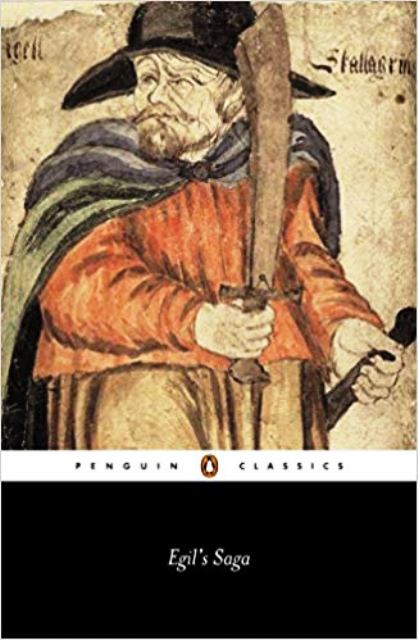
The tall Icelander, Egil Skallagrimsson lived at the time Eirik Haraldsson, 'Blood-axe' took the kingship of the fledgling Norway. A warrior poet, he sailed between Norway and England at the time of Aelfred's grandson Aethelstan and is thought to have fought on Aethelstan's side at the Battle of Brunanburh in the north of the fledgling kingdom of England. He was of a generation earlier than the warrior poet Kormak (see the Hub-page on him later in the VIKING series). Another in the Penguin Classic series
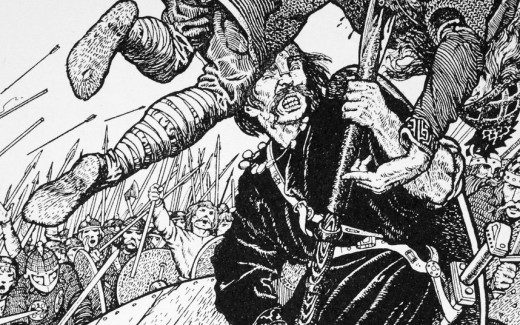

© 2012 Alan R Lancaster

